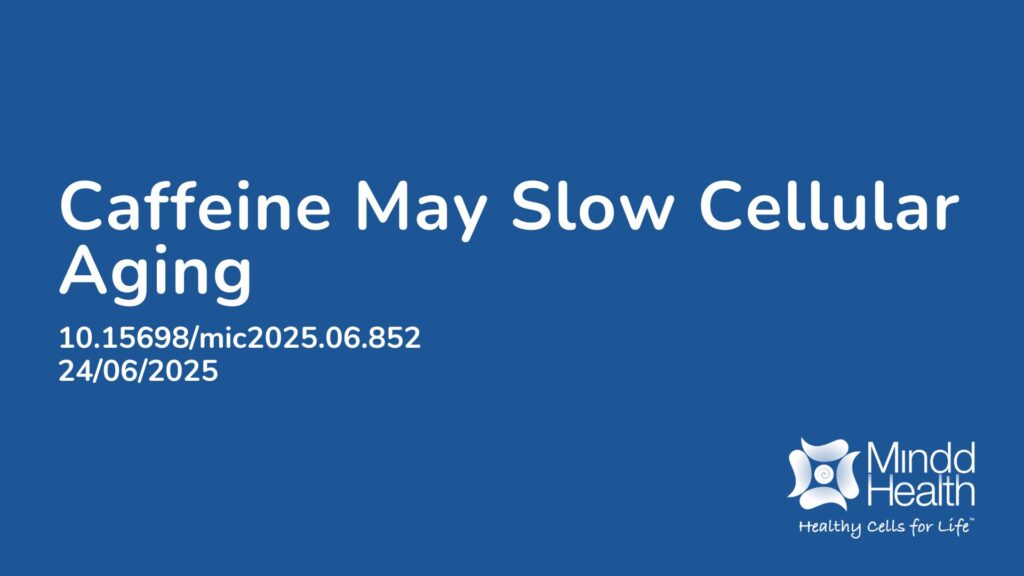Summary:
Caffeine changes the way cells grow, divide, and deal with stress. It can speed up the cell cycle, affect how cells respond to DNA damage, and even extend lifespan in some organisms. Earlier research suggested that caffeine blocks a protein that normally prevents cells from dividing when their DNA is damaged. More recent studies, however, indicate that caffeine mainly affects a system called TORC1, which controls how cells use nutrients and when they divide. When cells are stressed, another system called AMPK steps in. AMPK senses when energy is low and tells TORC1 to slow down. This pathway also helps cells live longer. This study found that caffeine indirectly switches on AMPK proteins, which causes cells to divide earlier than usual. Part of this process involves one protein being activated by another after caffeine exposure. These proteins also help cells survive under long-term DNA damage. Interestingly, caffeine also makes cells more sensitive to DNA damage when combined with other harmful agents, and this effect is separate from its role in cell division. Overall, caffeine speeds up division and may slow cellular aging by activating a protective stress response.
Abstract:
Caffeine can modulate cell cycle progression, override DNA damage checkpoint signalling and increase chronological lifespan (CLS) in various model systems. Early studies suggested that caffeine inhibits the phosphatidylinositol 3-kinase-related kinase (PIKK) Rad3 to override DNA damage-induced cell cycle arrest in fission yeast. We have previously suggested that caffeine modulates cell cycle progression and lifespan by inhibiting the Target of Rapamycin Complex 1 (TORC1). Nevertheless, whether this inhibition is direct or not, has remained elusive. TORC1 controls metabolism and mitosis timing by integrating nutrients and environmental stress response (ESR) signalling. Nutritional or other stresses activate the Sty1-Ssp1-Ssp2 (AMP-activated protein kinase complex, AMPK) pathway, which inhibits TORC1 and accelerates mitosis through Sck2 inhibition. Additionally, activation of the ESR pathway can extend lifespan in fission yeast. Here, we demonstrate that caffeine indirectly activates Ssp1, Ssp2 and the AMPKβ regulatory subunit Amk2 to advance mitosis. Ssp2 is phosphorylated in an Ssp1-dependent manner following exposure to caffeine. Furthermore, Ssp1 and Amk2, are required for resistance to caffeine under conditions of prolonged genotoxic stress. The effects of caffeine on DNA damage sensitivity are uncoupled from mitosis in AMPK pathway mutants. We propose that caffeine interacts synergistically with other genotoxic agents to increase DNA damage sensitivity. Our findings show that caffeine accelerates mitotic division and is beneficial for CLS through AMPK. Direct pharmacological targeting of AMPK may serve towards healthspan and lifespan benefits beyond yeasts, given the highly conserved nature of this key regulatory cellular energy sensor.
Article Publication Date: 24/06/2025
DOI: 10.15698/mic2025.06.852



